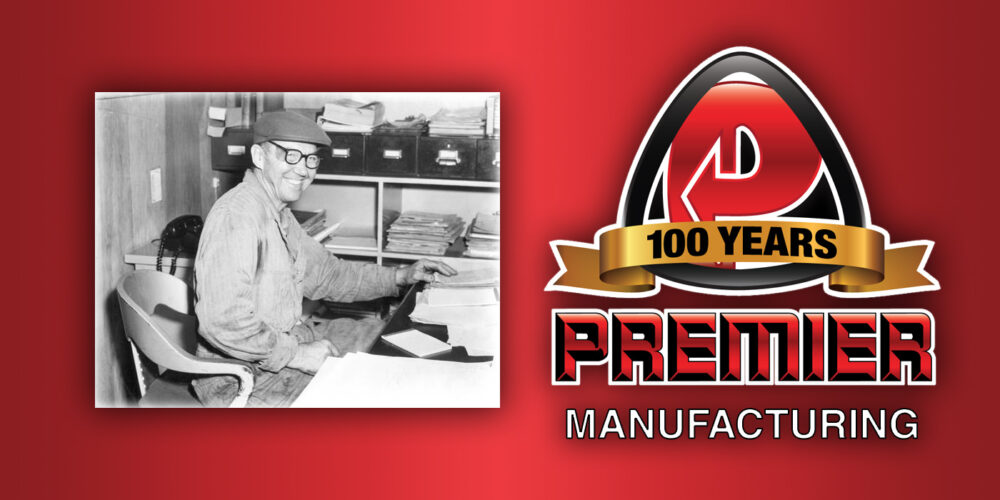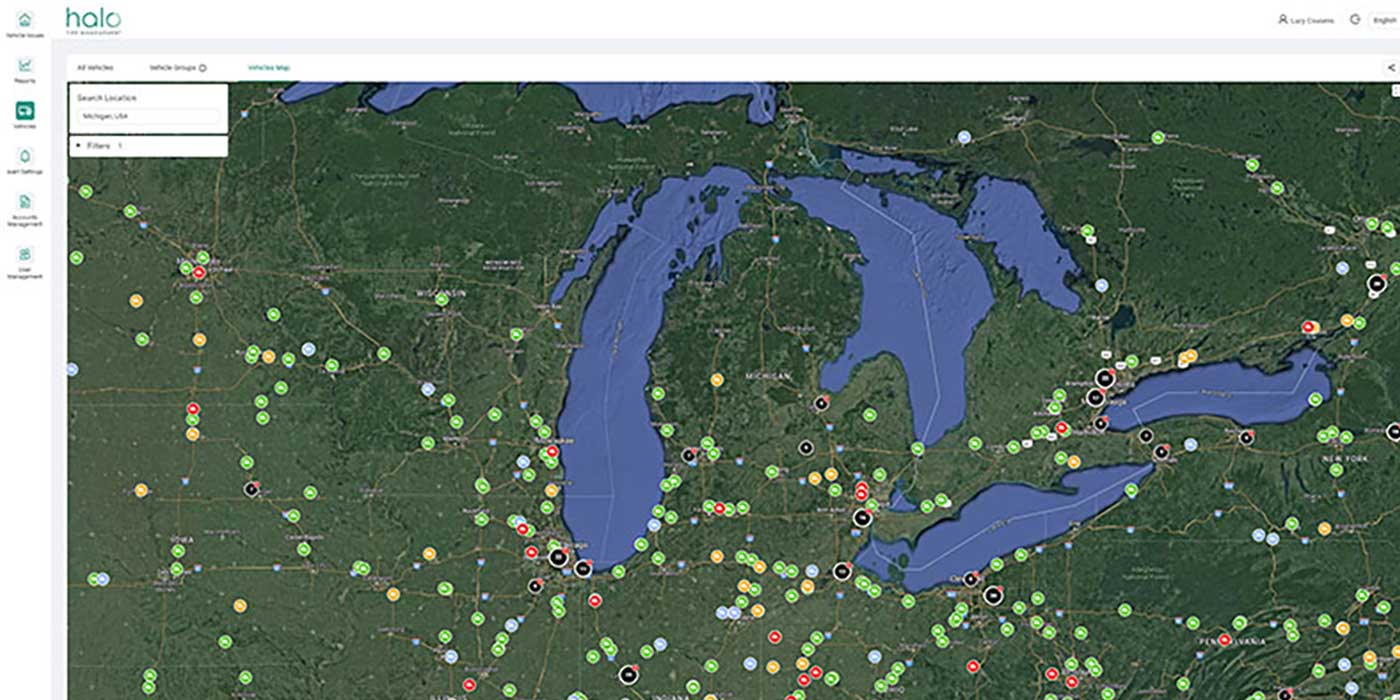We live in a confusing age. Considerable information is available thanks to the internet, but there is no easy way of assessing its validity. Anyone can make a statement on the internet—and it is up to us to decide the truth of the statement. Let’s take a look at some recent claims that impact your equipment and suss out their validity.
The North American Council for Freight Efficiency (NACFE) recently stated that fleets should switch to low viscosity engine oils to save fuel. So how do you determine if that’s the right decision for your fleet?
In reality, you can probably switch to low-viscosity oils in engines built since around 2012 because engine manufacturers have been experimenting with closing up bearing clearances. However, keep an eye on warranties and engine oil pressure, insufficient oil pressure or invalidated warranties can make the switch problematic.
A recent statement by a government agency said that tire efficiency improves as the tread wears, which is true. TMC’s Recommended Practice 1111B, the Yokohama Tire Co. and my mileage marathon experience all corroborate this statement. As tires age and the tread wears, tires increase their hardness as measured by a durometer. The closer to the cord, the harder the rubber is. The tread on new tires compresses more easily than air at greater than 100 PSI.
Now let’s discuss the alternate fuels arena. GHG Phase II fuel economy requirements will drastically affect the usage of alternate fuels. Biodiesel usage won’t change much because biodiesel is of a similar density to diesel fuel. Fuel economy differences between biodiesel and ULSD fuel are slight, so fleets can utilize biodiesel without significant loss of fuel economy.
Ethanol usage, however, is headed downward despite what you may read from the American Coalition for Ethanol, the Renewable Fuels Association, the Alliance for Green Heat, and the Advanced Biofuels Association. Spokespeople from these organizations have, as someone recently stated about one of our presidential candidates, “a complicated relationship with the truth.”
The facts are simple. It takes twice as much ethanol as gasoline to properly combust with air (Stoichiometry of 5.75 vs. 14.0). Period. Therefore, ethanol can never yield fuel economy as good as gasoline or diesel fuel. No amount of lipstick makes this oinker beautiful.
The fact is that corn-based ethanol has become a large industry (up 7% from last year) developed primarily by “Big Agriculture.” Farmers are getting rich planting corn due to government subsidies. This must all come to an end if fuel economy is to be maximized, and no amount of rhetoric by environmental activists and profiteers can change this simple fact.
Since greenhouse gases are directly proportional to the amount of fuel burned, we must maximize fuel economy everywhere possible to minimize GHG emissions. Another point to make here is that NOx emissions are highest when engine efficiency is maximized. To maximize Phase II fuel economy, NOx emissions regulations should be left where they are currently. But activists and the CARB are pushing for even lower NOx limits, because they think they can overrule basic science.
There are other opportunities to minimize our dependence on foreign sources of crude oil. Second generation biofuels such as algae and biofuels produced from waste continue to show promise, but these biofuels have not yet been sufficiently developed to commercialize. Electric vehicles will also be part of the equation, but they can’t be used for every application since most electrical power is still generated by coal. Conversion to natural gas seems to be the obvious solution, but it will take time to convert all power plants to burn natural gas.














